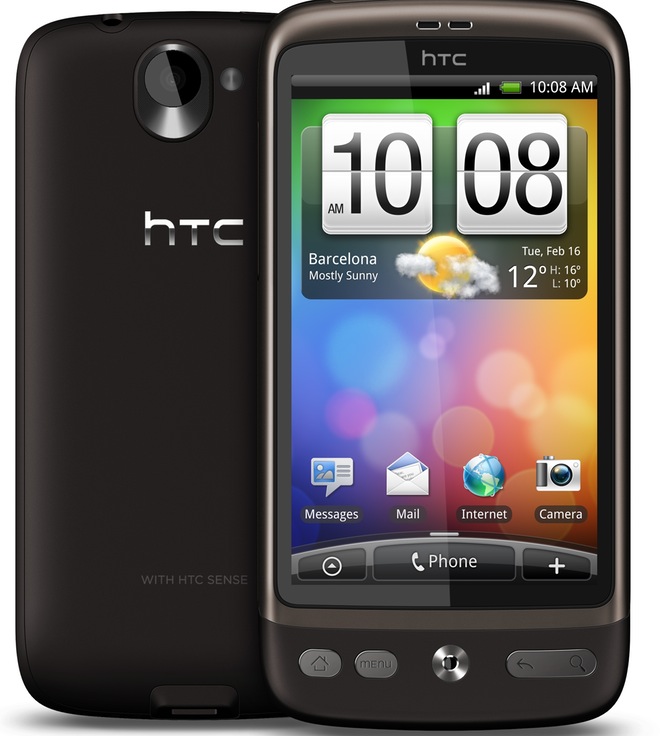This is one of those stories that developed faster than I could deal with it. I sat down to breakfast and saw that yesterday HTC announced via their Facebook page that there would be no Gingerbread update for their Desire Android smartphone. By lunch, the announcement was rescinded.
The Desire was a popular phone in overseas markets, especially the UK, and also widely available on the smaller regional carriers in the US. In an earlier era of Android, when the vanilla Google Experience was considered somewhat lacking, HTC’s Sense interface was the best built-in alternative in the opinion of most consumers. For many, the Desire represented an outstanding option, with only Sense and a few superficial changes distinguishing it from Google’s flagship at the time, the Nexus One.
Yesterday’s announcement changed all that. While the Nexus One has been on Android’s latest version, Gingerbread, since February, the Desire was already lagging behind, with an anticipated upgrade this month. This was not unexpected, since stock Android devices have always received new OS versions several months ahead of devices bearing Sense or other competing interfaces. It was the price you paid for getting that improved version of Android. With yesterday’s announcement, Sense went from delaying updates to stopping them entirely, and HTC’s customer base was not pleased. Hundreds of comments flooded the original Facebook post.
Fortunately, HTC has been in the mood to listen to their customers lately, and the decision was reversed in less than 24 hours, potentially turning all that hostility into good will. It does raise some intriguing questions about this entire process, however.
Most immediate is the question of what changed in those 24 hours? The original post blamed the decision on an engineering problem, HTC’s inability to fit both Gingerbread and Sense into the Desire’s 512 MB of memory. I doubt either the OS or the UI got smaller in that time, which seems to mean either HTC has decided to cut features out of the planned version of Sense for the device or they’re lying about their initial decision.
If the latter is true, it raises a more problematic question. HTC is part of a group that announced at Google’s recent IO conference that they would provide support for devices for a minimum of 18 months, hardware permitting. That promise was lauded as hugely important, in an era of fast OS development and 2 year contracts to get a reachable price on $600 devices. This was essentially HTC’s first test in living up to that promise, and their first instinct was to fail that test three months short of their promised support life.
The forced upgrade march of technology is tough enough on users. I applaud HTC’s decision to keep up support for the Desire and join Google’s coalition for long term device support. Let’s hope in the future they’ll follow their own example in those cases, rather than the direction they went yesterday.


Comments are closed.